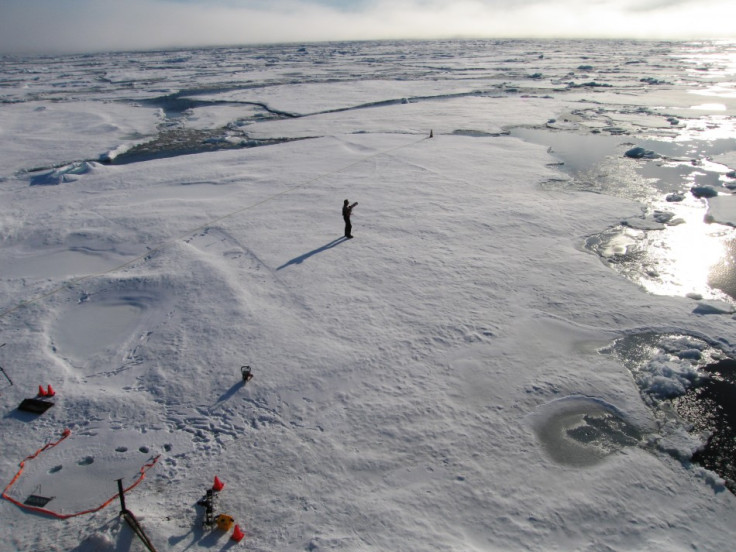Global warming is long-lasting and emissions almost irreversible shows first theoretical research

The first theoretical research exploring the link between carbon emissions and global warming shows clearly that warming is a direct result of build-up of carbon dioxide since a century.
The equations show how a million-million tonnes of carbon emitted generates one degree Celsius of global warming. They also show that the carbon emitted over the last 200 years will last for many centuries to millennia.
A team of researchers from universities of Southampton, Bristol and Liverpool derived the equation that was in accord with previous data from climate models.
Projections based on models have shown how breaching the 1200 billion tonnes limit on emissions will cause the planet to heat by the threshold figure of two degrees.
The results also reveal why surface warming remains unchanged over time thanks to an increased uptake of heat and carbon by the oceans, two effects that cancel each other out.
Dr Phil Goodwin, from Ocean and Earth Science at the University of Southampton, said: "Our analysis highlights the nearly irreversible nature of carbon emissions for global warming. Once carbon has been emitted into the atmosphere the warming effect will last many centuries, even after much of the carbon has been absorbed by the ocean."
Professor Ric Williams, Chair in Ocean Sciences at the University of Liverpool's School of Environmental Sciences, added: "Given the complexity of the climate system, it was a surprise to find out how simple the relationship is between global warming and how much carbon we emit.
"In terms of wider policy implications, our theory reiterates a simple message: the more cumulative carbon emissions are allowed to increase, the more global surface warming will also increase."
The message comes at a time when world leaders are in UN-sponsored climate talks at Lima.
The research is published in Nature Geoscience.
Heat record
According to the US National Oceanic and Atmospheric Administration (NOAA), the global average temperature over land and ocean surfaces for January to October 2014 was the highest on record. It said October was the hottest since records began in 1880.
NOAA said the combined global land and ocean average surface temperature for the January-October period was 0.68C (1.22F) above the 20th century average of 14.1C (57.4F). For October, it was 0.74C (1.33F) above the 20th century average of 14C (57.1F).
The Tokyo Climate Center, which is a WMO Regional Climate Centre, as well as Nasa's Goddard Institute for Space Studies have confirmed the record.
The year is so far the hottest one ever recorded.
© Copyright IBTimes 2025. All rights reserved.





















